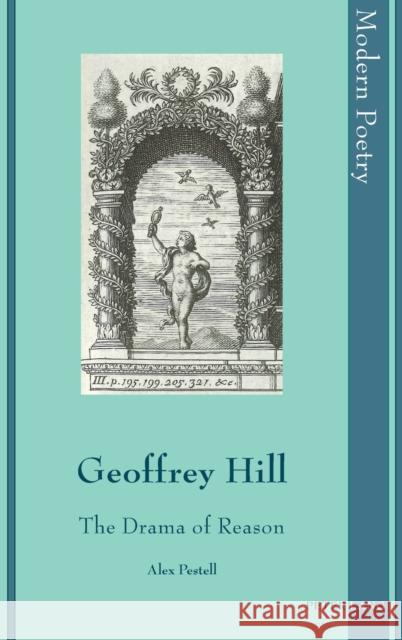Geoffrey Hill: The Drama of Reason » książka
Geoffrey Hill: The Drama of Reason
ISBN-13: 9783034318617 / Angielski / Twarda / 2016 / 246 str.
Geoffrey Hill (1932-2016) was often hailed as one of the most important - and one of the most difficult - poets of his lifetime. This book is a timely investigation into a writer whose work seems simultaneously to invite analysis and to refuse explanations of its sensuous, allusive language. It provides an introduction to Hill's work for readers coming to it for the first time and offers an account of his poetics that will be of interest to his more experienced readers. Alongside many close readings of poems spanning Hill's long and varied career, the author brings to light findings from the Geoffrey Hill Archive in Leeds and investigates the poet's important critical writings. Hill's often antagonistic engagement with the thought of other poets and philosophers supplies the book's structure. Coleridge, Eliot, F. H. Bradley and Ezra Pound are engaged by Hill in a dramatic contest over what the author claims is his visionary aim for poetry: the realisation of the objective conditions of judgement. Above all, Hill is presented as a quintessentially modernist poet - at odds with modernity, and at the same time creating a language answerable to its rich, traumatic complexity.











